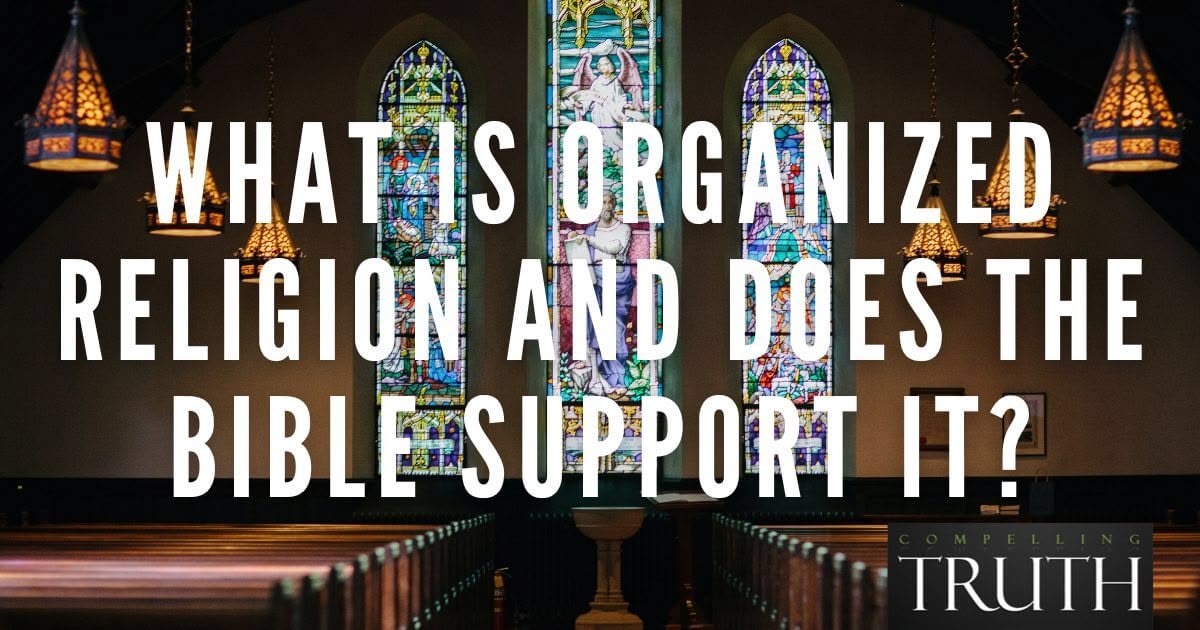Antitheism can literally be defined as “against a belief in God”. It is an active opposition to the idea of trusting in the God of the universe for life and salvation. It should not be confused with agnosticism (an uncertainty about God) or atheism (a belief in no God at all).
Proponents of antitheism actively speak out against Judaism/Christianity, attempting to either promote their lack of belief system or to cause doubt in the minds of believers. This is not to say that all atheists are antitheists, but all antitheists are deeply rooted in atheism. The Bible speaks about those who have such an attitude. People who actively defy God are warned of dire consequences (Proverbs 29:1; Romans 1:18–25).
In modern times, antitheism gained traction by pointing to terrorist attacks tied to religious extremists. This was taken as evidence that belief in a god is harmful to society. Some of the leaders of this movement, such as Richard Dawkins, Sam Harris, Daniel Dennett, and Christopher Hitchens, believed that religion should be actively opposed. Over time, those perspectives have been criticized as divisive, arrogant, and sometimes shallow, derogatory, snide, and irrational by both religious and non-religious figures. The demeaning and belittling nature of some antitheists is reflected in some once-popular book titles, such as The God Delusion and God is Not Great.
Popular artists and entertainers who have pushed this belief include Lawrence Krauss, Jerry Coyne, Victor Stenger, Bill Maher, Ricky Gervais, and Penn Jillette (the magician). Several antitheists hold views that reflect New Age thinking or pantheism. Antitheism is also known for its aggressiveness, hostility, negativity, derision, and bigotry against people of faith.
It is important to delineate between aggressive enemies of faith and those who simply do not believe in God. Jesus said that those unable to understand are different than those who deliberately reject understanding. "Jesus said to them, 'If you were blind, you would have no guilt; but now that you say, 'We see,' your guilt remains'" (John 9:41). Even on the cross, Jesus prayed that the Father would forgive those who crucified Him because "they know not what they do" (Luke 23:34).
Unfortunately, antitheism is often expressed in insulting or derogatory ways. Those who believe in Jesus can rest assured that He is God and He has won the victory (John 12:31). We can be comforted by His words that, "If the world hates you, know that it has hated me before it hated you. If you were of the world, the world would love you as its own; but because you are not of the world, but I chose you out of the world, therefore the world hates you" (John 15:18–19). Jesus then spoke of the ministry of the Holy Spirit; we are not left in this world to fend for ourselves, but indwelt by the Holy Spirit who is our Helper. Jesus also told His followers, "I have said these things to you, that in me you may have peace. In the world you will have tribulation. But take heart; I have overcome the world" (John 16:33). We can pray that the hearts of those who have rejected Jesus will be softened, and trust that He will ultimately be just (John 5:21–29).




